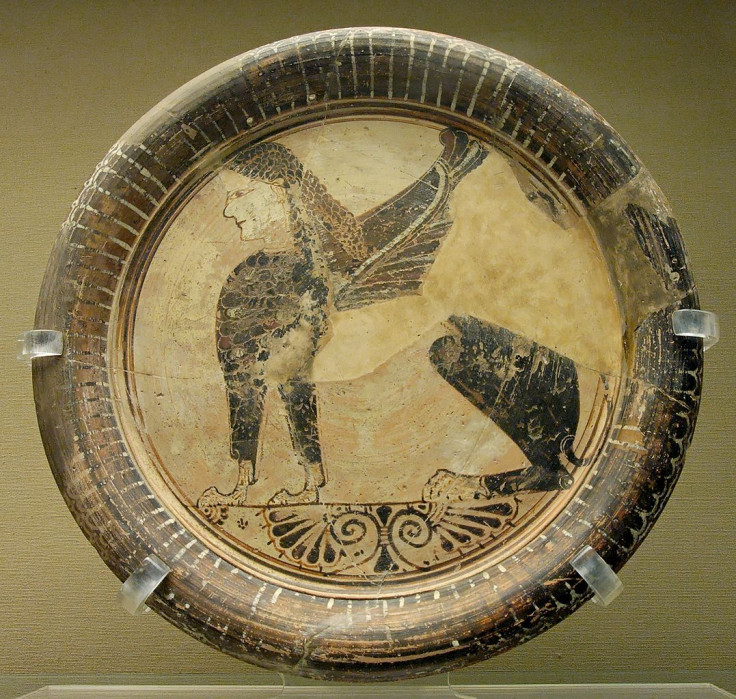Naukratis uncovered: 10,000 ancient Egyptian and Greek artefacts reveal trade and culture secrets

Over 10,000 discovered artefacts heralding from the Ancient Egyptian city of Naukratis are revealing an abundance of information about a trading port which the Ancient Greeks established there. Led by the British museum, an excavation of the area, which sits on the Nile Delta, unearthed discoveries such as shrines to deities, jewellery, amulets and statues, among many other items, in Greece's earliest settlement in the north African country.
The findings also reveal a significant trading network between the two ancient powerhouses and other cities around the world. Excavations of the city first began in 2012 and the British Museum has given a better insight to the city which was once believed to be a small town that measured just 30 hectares.
The British Museum wrote on its website:
"Naukratis was frequented by traders from many Greek cities as well as by Phoenicians and Cypriots; it became famous for its elaborate symposia (dining parties) and beautiful hetairai (courtesans).
"Naukratis functioned as the main trading port in the Western Nile Delta until the foundation of Alexandria, and continued to be significant also throughout the Hellenistic and Roman periods. Officers (prostatai) appointed by the nine founding cities of the Hellenion administered the emporion (Greek trading post) at least from the time of Amasis. Imports into Egypt included wine, oil, and silver, and exports from Egypt grain, flax, natron, papyrus, perfume and other semi-luxuries.
"In the seventh century BC, Egypt once more opened up to the Mediterranean world, developing close contacts with other civilisations such as Greece. Egyptian Pharaohs of the Saite dynasty employed Greek mercenaries in their army. Greek goods appeared in Egypt and Egyptian goods in Greece. Greek culture began to incorporate Egyptian traits, based on first-hand knowledge of Egyptian monuments and ideas.
The name translates from Greek to "mistress of ships" and some of the findings include fragments from ancient boats. Dr Ross Thomas, the British Museum curator who leads the project, told the Guardian's Observer: "It's exceptionally rare. To find [Greek ships] this far into Egypt is exciting.
"Previously, people thought the ships just stopped at the Mediterranean [coast] and offloaded on to barges. We can now confirm for the first time that seagoing vessels travelled this far into Egypt."
He added that the excavations suggest that in its prime, the city once was the home to 16,000 residents and that inscriptions around the city detail the lives of the inhabitants. "There are more Greek inscriptions of the sixth century from Naukratis than in any Greek sanctuary. They tell us a lot about the traders: there are some women represented; usually it's just male traders. There are characters that also appear in other Greek cities, so we can start to track where people are coming from."
© Copyright IBTimes 2025. All rights reserved.






















